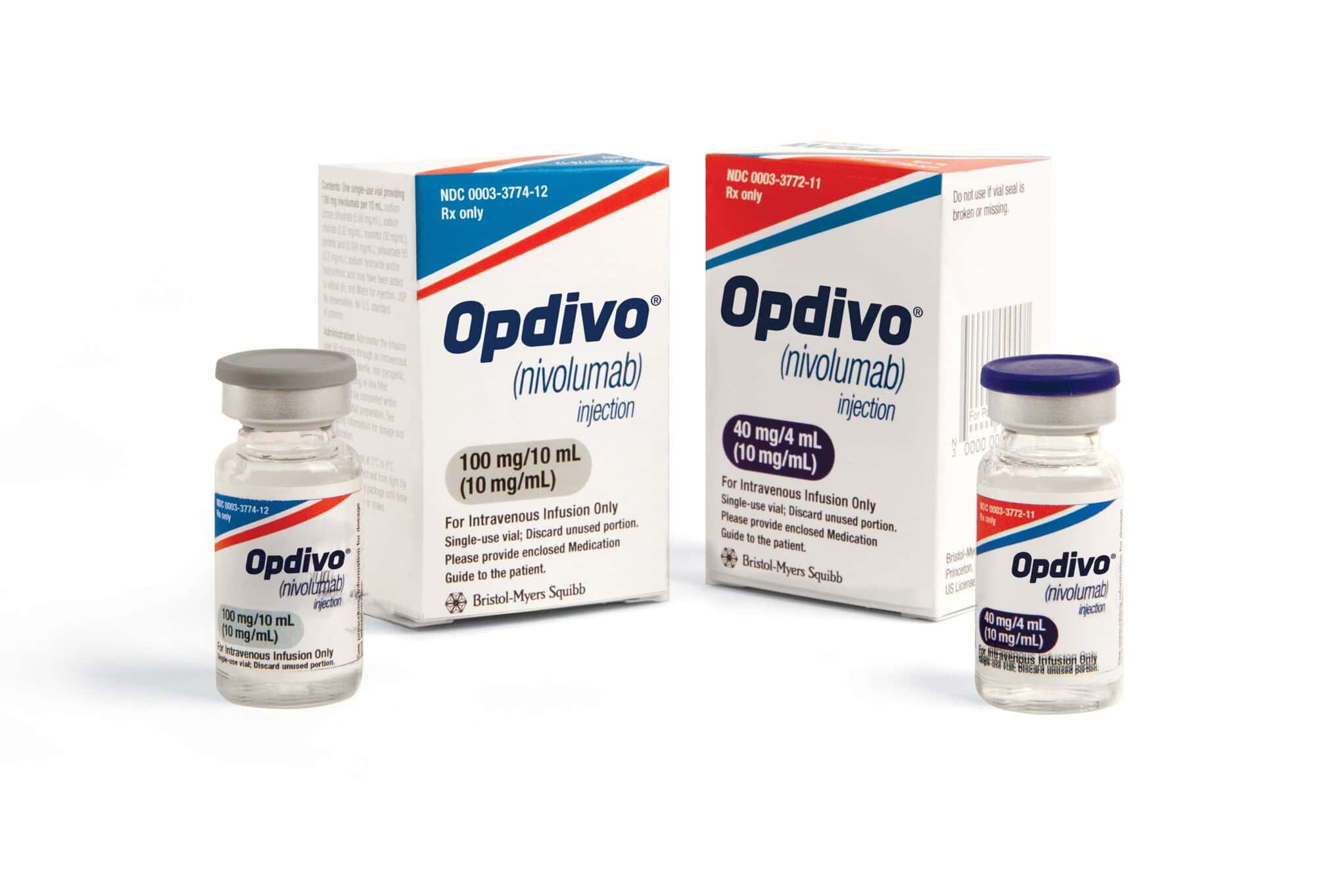
The European Commission has approved the combination of Bristol-Myers Squibb’s Opdivo and Yervoy for the first-line treatment of patients with intermediate- and poor-risk advanced renal cell carcinoma (RCC).
This follows US approval last year, and is the first Immuno-Oncology (IO) combination therapy for patients with this type of cancer in the European Union.
The CheckMate -214 trial showed the combination was superior to current standard, Pfizer’s Sutent (sunitinib), in extending overall survival, though data was limited to a subset of patients with intermediate and poor-risk advanced RCC.
However, the company has its IO rivals hot on its heels, with MSD’s Keytruda and Merck and Pfizer’s Bavencio both in late stage studies in combination with Pfizer’s VEGF-targeting Inlyta (axitinib).
These rival combinations have produced trial data suggesting they could also help a wider patient cohort, including those with a good prognosis, thereby challenging BMS’ lead in the therapy area. For now though, BMS is one step ahead.
“Currently, less than 50% of patients with metastatic renal cell carcinoma survive beyond two years, and there is almost no complete remission observed, which underscores the need for new treatments for this disease,” said Bernard Escudier, MD, ex-chairman of the genitourinary oncology committee, Institut Gustave Roussy.
“Today’s approval offers patients in the European Union a first-line treatment option that has demonstrated a complete response rate of almost 10% and a significant improvement in overall survival with fewer Grade 3 and 4 adverse reactions compared to sunitinib.”
The approval is based on the phase 3 CheckMate -214 trial, which was stopped early after showing the Opdivo plus low-dose Yervoy combination produced an overall survival (OS) benefit via a 37% decreased risk of death in intermediate- and poor-risk patients compared to a Sutent, observed regardless of PD-L1 expression level. Median OS in patients treated with Opdivo plus low-dose Yervoy was not yet reached, compared to 25.9 months for patients treated with sunitinib.
BMS is hoping to extend Opdivo’s use in first-line RCC via the TITAN study – looking at different regimens of Opdivo and Yervoy – and Roche is also active in the category with its IMmotion 151 study comparing PD-L1 inhibitor Tecentriq plus Avastin to Sutent, which showed positive effects on PFS at last year’s ASCO meeting.
The European approval is important for BMS, as it seeks to maintain Opdivo’s blockbuster growth, and expand into new tumour types and earlier settings, and new combinations.
This is necessary as it now looks impossible for Opdivo to catch its big rival Keytruda in the most important and lucrative cancer field, first-line non-small cell lung cancer (NSCLC).
BMS recently announced a $74bn acquisition of Celgene, a move which will help it compete in the next generation of oncology treatment, bolstering its firepower across IO, haemato-oncology and cell therapy.




